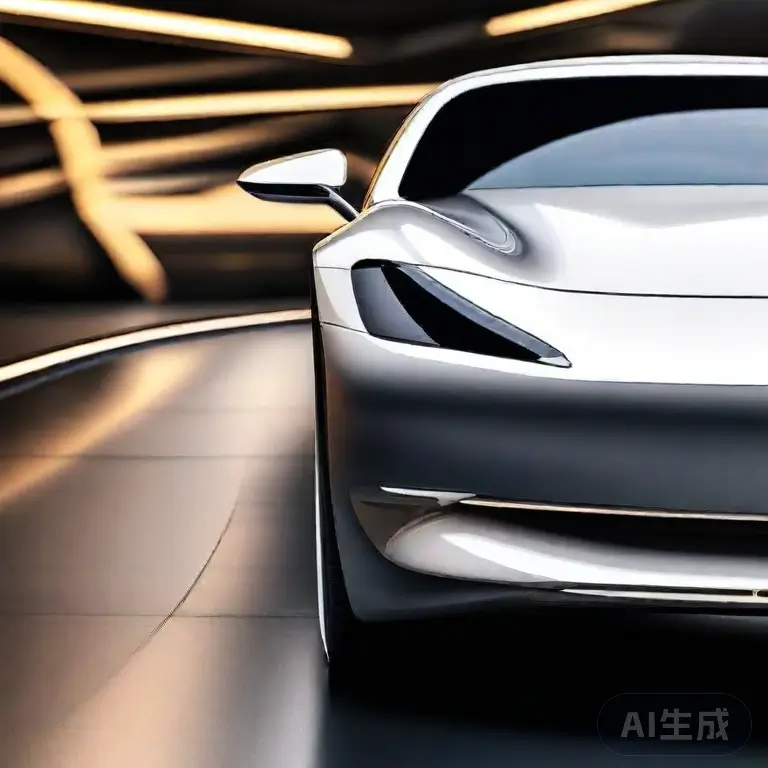Why did Apple abandon the development of electric vehicles?
Apple’s abandonment of the development of electric vehicles (EVs) can be attributed to several factors, including technological challenges, market competition, profitability concerns, alignment with the company’s core business, and strategic shifts.
Technological challenges played a significant role in Apple’s decision. Developing a fully functional electric vehicle requires expertise not only in hardware but also in software, including battery technology, autonomous driving systems, and user interface design. Apple, while renowned for its success in consumer electronics and software, may have found the transition to automotive technology more difficult than anticipated.
Market competition was another factor. Tesla and other established automakers had a head start in the electric car market, building a loyal customer base and establishing themselves as leaders in the space. This would have made it difficult for Apple to enter the market and gain a significant share without a substantial investment of time and resources.
Profitability concerns were also at play. The automotive industry has notoriously thin profit margins, and Apple’s planned $100,000 price point for its EV may not have been sustainable in the long term. With the potential for only modest profits, Apple may have decided that its resources could be better allocated elsewhere.
Alignment with the company’s core business was an issue as well. Apple’s success has been built on its ecosystem of hardware, software, and services tailored to the consumer electronics market. An electric vehicle, while potentially innovative, did not seem to fit neatly into this ecosystem, leading to questions about whether Apple could effectively leverage its strengths in a new market.
Finally, strategic shifts within the company may have influenced the decision. Apple has been increasingly focusing on services like Apple Music, iCloud, and the App Store, which offer a more predictable and stable revenue stream compared to the cyclical and competitive nature of the automotive industry.
In summary, the combination of technological hurdles, intense market competition, thin profit margins, a misalignment with Apple’s core business model, and strategic shifts within the company likely contributed to the decision to abandon the development of electric vehicles.



